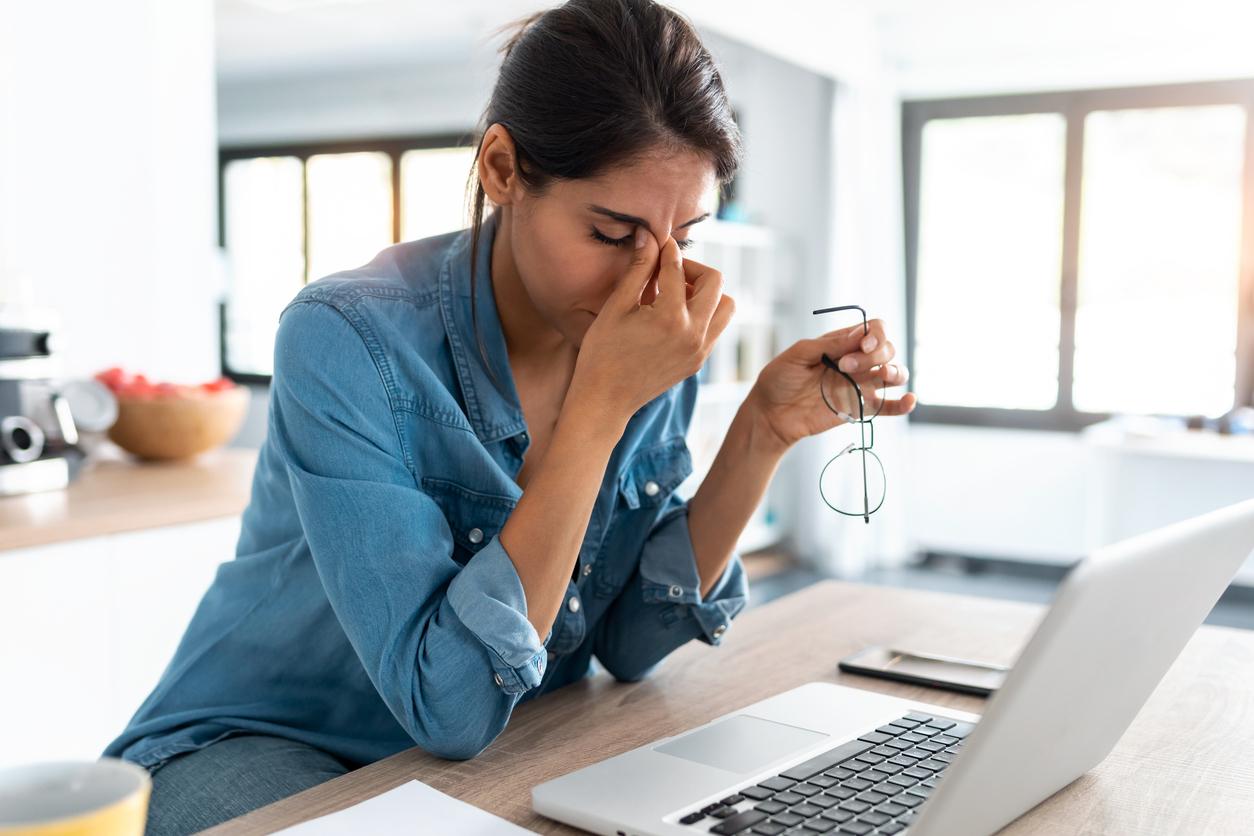Healthcare professionals who wore aromatherapy patches for several weeks felt less stressed and fatigued than usual.
-1589188836.jpg)
- Study presents aromatherapy as a remedy for stress and anxiety
- This practice uses citrus or mint essential oils
At the best of times, nursing is a high-pressure job. Today, when the world is reeling from the Covid-19 pandemic, to say that frontline nurses are facing an enormous level of stress is no picnic. Ensuring their well-being, especially in the current situation, is vital to safeguarding the well-being of the people they care for. New research, led by Marian Reven, a doctoral student at the University of West Virginia School of Nursing (USA), suggests that aromatherapy may relieve the anxiety, exhaustion and stress experienced by nurses face at work. The results of the pilot study have been published in the journal International Journal of Professional Holistic Aromatherapy.
Marian Reven thinks providing such holistic care to nurses would also benefit patients. “If we can improve our nurses’ emotional reserves and give them more resilience by using aromatherapy, we would be doing a good thing on the other end of the line by improving patient care.“, she said.
The scent of mindfulness
As part of the eight-week study led by Marian Reven and her West Virginia University teammates, Janelle Humphrey-Rowan and Nina Moore, aromatherapy patches were provided to 19 nurses working at the infusion center from the West Virginia University Cancer Institute. The patches, attached to badges that nurses wore around their necks, contained a blend of orange, lemon, tangerine, pink grapefruit, lemongrass, peppermint and lime essential oils. Nurses wore aromatherapy patches for four to eight hours at a time on eight separate occasions during their shifts. On each occasion, they conducted a survey on their mood before and after wearing a patch. They reported the intensity of certain emotions measured on a scale of 1 to 10.
Researchers found that wearing the aromatherapy patches resulted in a 40% reduction in stress, anxiety and fatigue levels, while feelings of being overwhelmed were cut in half. Considering that the sample size included nurses working in oncology, this is significant.
Relaxation in isolation
Laurie Theeke, doctoral program director and professor at the University of West Virginia School of Nursing, agrees. “You face life, death or chronic illness every day. People in all health professions are stressed. This does not only apply to nursing. It’s about stress at work.”
In times of the Covid-19 pandemic, when proven patients can no longer receive visitors, aromatherapy can lift their spirits. Marian Reven talks about her personal experience, she who works at night on weekends. “Last week several of my patients warmed my heart. They have missed their family and friends so much during this time of no visitors. I just wanted to be able to do something more for them. A lavender or citrus aromatherapy patch might have helped them..” According to Laurie Theeke, loneliness is the precursor to mental problems such as depression, functional decline and mortality.
Research suggests that aromatherapy is a great way to reduce stress. This lesson deserves to be known as the whole world remains confined to prevent the spread of SARS-CoV-2, which can cause stress for some. Previous research on aromatherapy has shown that it can reduce the perception of stress, increase satisfaction, and lower cortisol levels. Aromatherapy is also known to decrease anxiety and depression. Similarly, aromatherapy massage relieves physical and mental fatigue better than a regular massage.
.

















